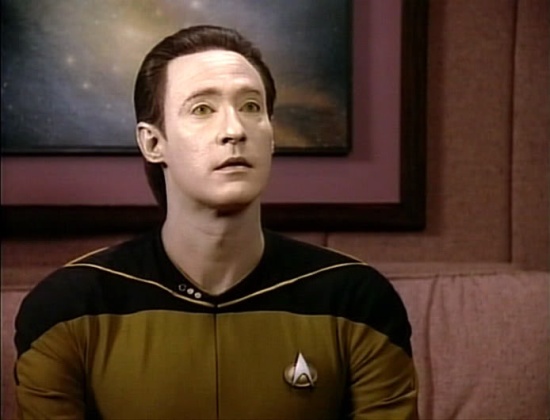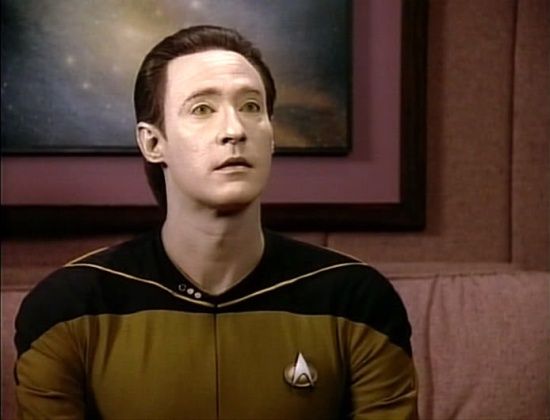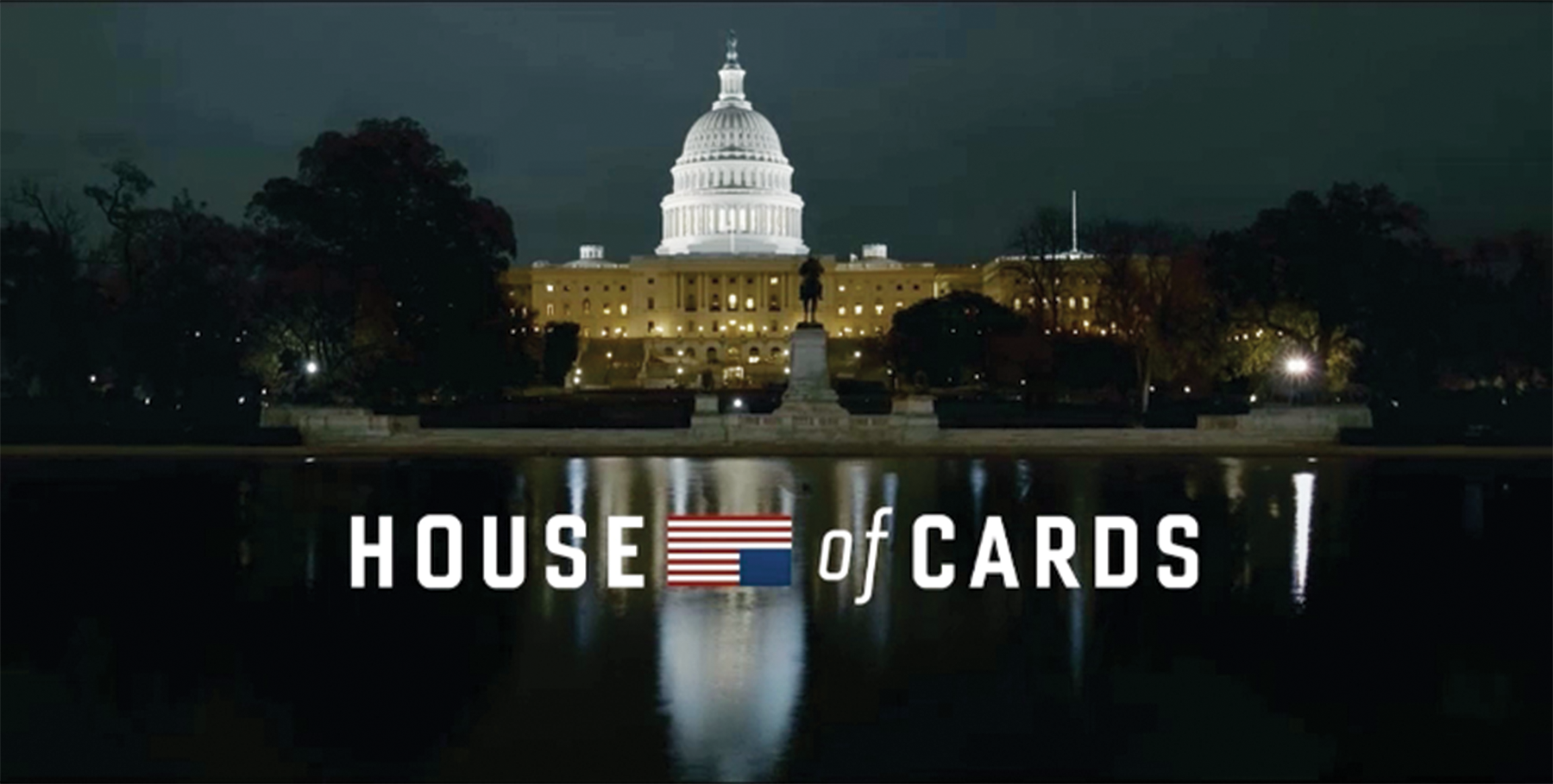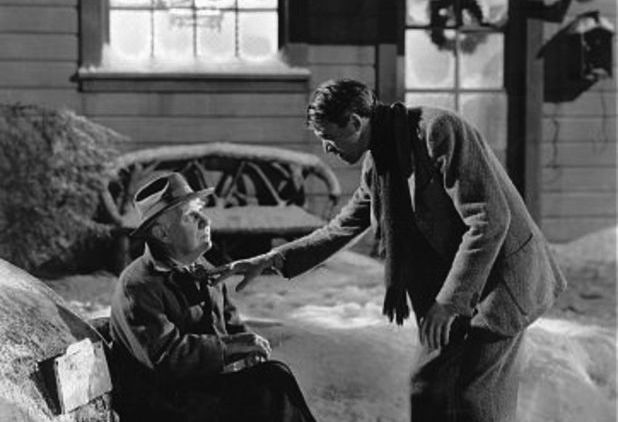 I’m a bit of a secret Star Trek fan. Not quite a Trekkie, but I appreciate the deep themes the franchise has addressed over the years like race, justice, and faith. While Gene Roddenberry was known to be atheist and even anti-Christian, there were some moments where the deep questions of life and the universe were raised.
I’m a bit of a secret Star Trek fan. Not quite a Trekkie, but I appreciate the deep themes the franchise has addressed over the years like race, justice, and faith. While Gene Roddenberry was known to be atheist and even anti-Christian, there were some moments where the deep questions of life and the universe were raised.
In Star Trek: Voyager we see the deep Native American spirituality of Chakotay. In Star Trek: The Next Generation Counselor Troi helps bring out the interior feelings of the crew. Then in one episode Data approaches Captain Picard and asks about death:
It’s a big question that Star Trek is not afraid to ask. With the dying so present in the news, the killing in the Middle East, and even the recent death of actor Robin Williams, it’s hard not to think about it. And we should not prevent our thinking about something so natural and everyday. Each religious tradition has its own concept of the afterlife (or none at all). They have rituals for burial and memorial, but our Christian tradition does not often consider the actual process of death. Yes, we can vividly imagine the fairly quick and gory death of Jesus on the cross, but that image did not help me when I cared for hospice patients whose breathing slowed and after hours stopped. Mark 15:37 says, “Jesus gave a loud cry and breathed his last.” But those I knew did not die that dramatically.
 Clarity in Death
Clarity in Death
Death, I think for many, is a process involving reflection on one’s life and relationship with the divine. How did we allow the divine to touch our lives, to animate us, to live as fully as possible? The Spiritual Exercises has us meditate on the point of death, asking us if at that point we would have made this decision or that. On my long retreat my director had me imagine myself on my death bed and it was then that I could feel what a dying person might feel in their heart. It’s often said that death brings great clarity where grudges and need for power and money are seen as foolish, and relationships, faith, and deeper things are brought to the fore.
When Data asks Captain Picard about death, they are actually on the verge of death, minutes from self destruction. Picard had a chance to consider briefly what Ignatius suggested. Are all our hopes and dreams a delusion? Most religious traditions say no. Our faith, our choices, the way we live, and the relationships we have are deeply meaningful. As my hospice patients died perhaps they were pondering those same important things—considering their life and its meaning. Their families certainly were.
Some do not die as slowly, but death naturally brings us to clarity. Ignatius knew this power of death which is why he included it as a helpful part of a discernment process.
Related posts:
Listen to an audio version of this post…
Music by Kevin MacLeod and audionautix.com








